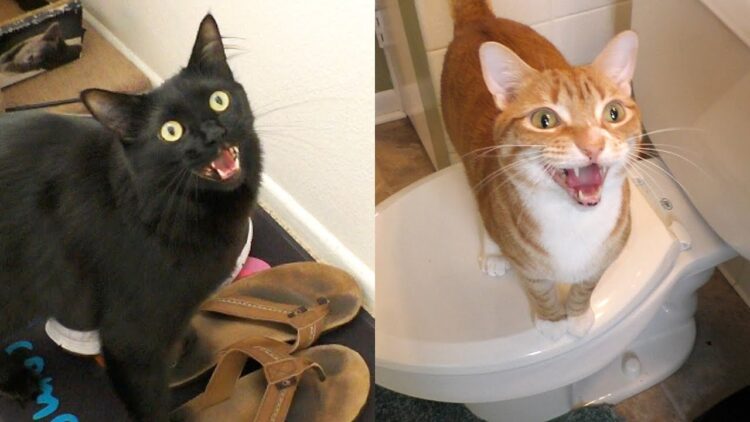Cats are intelligent creatures, and they know pretty well how to communicate their needs and feelings to their owners.
While a cat’s body language provides a deep insight into its mind, vocalizations can give clues on its emotions. Also, it is worth noting that every cat is an individual and has a unique way of communicating its intentions.
Pay attention to the sounds your kitten or cat makes to learn about its mood and health status. At the same time, consider being equipped with kitten insurance NZ so it is covered for basic health benefits during challenging health situations and medical emergencies.
Contemplate purchasing kitten insurance so you don’t need to compromise health care quality during unanticipated vet visits due to economic reasons. In the meantime, read this article to learn what some cat sounds might actually mean.
1.Meow
Meow is a classic kitten sound that helps baby cats call out to their mothers. Outdoor cats may get over this habit as they grow old. So, technically, you will find kittens relying on this vocalization more than grown cats.
Wild cats may not use meow as much as domesticated cats to communicate with other felines. Feline pets typically use this sound to talk to their human family. For instance, to say “Hello”, ask for food, toys, playtime, petting, and other things.
2.Purr
A kitty cat purrs when feeling relaxed or content, so it could be that your cat is in a state of bliss. Cats also purr to heal themselves from pain or injuries, so it is essential to know the difference between happy and distressed purrs. An intimidated, frustrated, anxious, or nervous cat can also purr to comfort itself.
3.Hiss
A threatened, abused, agitated, and fearful cat can hiss when confronted. When a cat hisses, it means the hostile party is given one last chance to back off. Know that you will need to deal with devastating consequences should you ignore the warning.
If the kitty starts growling, has its back arched, ears held back, and tail wagging, then it is ready to pounce and attack, so stay away.
4.Chirp
Young kittens chirp or trill and can carry this behavior into adulthood. Mother cats often use this sound to command their litter or request their babies’ attention. However, adult cats can use this vocalization to tell their owners to look at something specific or interact with other cats.
5.Chatter
You might have noticed the sound your cat makes when staring at the birds and wildlife outside the window. This sound is known as chattering; it often indicates the frustration of a furry baby who is unable to catch potential prey because it is out of its paws’ reach.
6.Yowl
This is a loud, prolonged meow similar to a moan. It often indicates negative emotions, pain, discomfort, and worries, and hence should be concerning. Cats can yowl when bored, looking for a mate, or when ill.
Consult your vet if your feline has been vocalizing like never before, as it could be due to a physical health concern. Simultaneously consider being prepared with kitten insurance in NZ so your furball can avail of quality medical care at affordable costs with minor financial stress.
Contemplate purchasing kitten insurance so that providing health care need not be a significant economic struggle during distressing health scenarios and medical emergencies.







